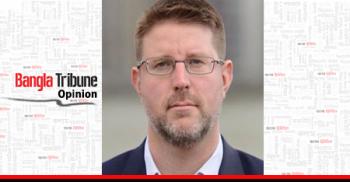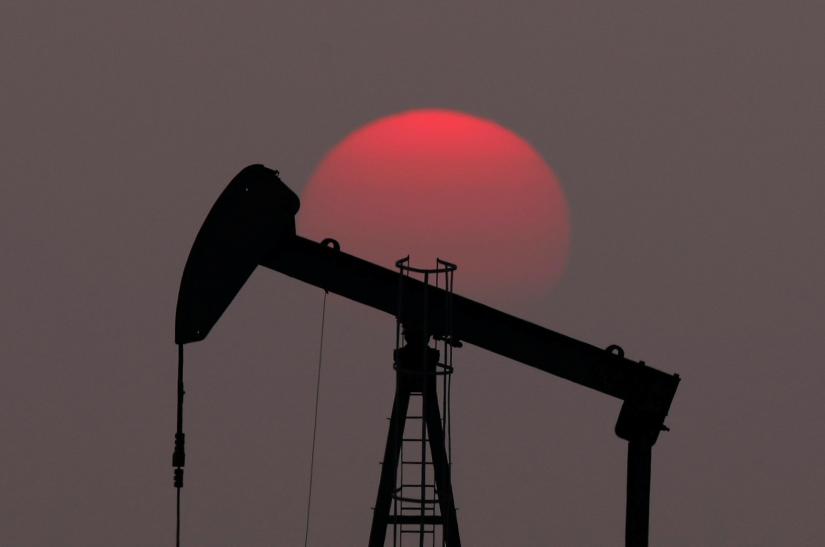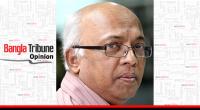 A downturn in oil and gas drilling is making a small but significant contribution to the overall slowdown in US business investment and economic growth, intensifying the much bigger problems caused by the trade war with China.
A downturn in oil and gas drilling is making a small but significant contribution to the overall slowdown in US business investment and economic growth, intensifying the much bigger problems caused by the trade war with China.
As domestic oil and gas production grows and becomes increasingly important to the US economy, the fortunes of the industry increasingly have macroeconomic as well as microeconomic implications.
The last slump in oil and gas drilling contributed to the mid-cycle economic slowdown in 2015/16, which helped fuel the political discontent that resulted in the election of populist President Donald Trump to the White House.
Now the pattern risks being repeated as oil and gas companies cut back on new well drilling and completions in response to lower oil prices, with ripples felt throughout the entire supply chain.
Total business fixed investment was up by 2.6% in the second quarter of 2019 compared with a year earlier, but sharply down from the recent peak of 6.9% seen between the second quarters of 2017 and 2018.
Fixed investment in industries other than mining, oil and gas had grown by 3.0% in the second quarter, down from 6.0% a year earlier, according to preliminary estimates from the US Bureau of Economic Analysis.
But investment in mining, oil and gas fell by 7.7% compared with growth of almost 28% in the second quarter of 2018 (“National income and product accounts”, BEA, Sept. 26).
Mining and oil and gas investment had slowed to a seasonally adjusted annualised rate of $114 billion in the second quarter of 2019, down from $124 billion in the second quarter of 2018.
Given the continued slide in oil and gas prices as well as the number of active rigs drilling, investment is set to fall even further in the third and fourth quarters of this year.
During the last downturn, investment slumped from a peak of $173 billion in the fourth quarter of 2014 to just $63 billion in the second quarter of 2016.
The current downturn is much milder, so far, so the hit to the economy is unlikely to be as severe. But it is interacting with and compounding the slowdown caused by tariffs and uncertainty associated with the trade war with China.
 Accelerator
Accelerator
Investment in oil, gas and mining, including well drilling, accounts for only a relatively small share of all private business investment.
Fixed investment in oil, gas and mining structures has accounted for around 12% of all private non-residential fixed investment in structures per quarter since 2002, and around 6% of all private non-residential investment including equipment, software and intellectual property.
But oil and gas investment is much more volatile than investment in other industries so it has an outsized impact on the marginal growth rate.
Changes in oil and gas also have a multiplier effect via the supply chain – including equipment producers, services companies, accommodation providers, steel makers, railroads and trucking firms.
The slump in oil and gas drilling in 2015/16 was both a consequence of the economic slowdown (as oil consumption growth faltered) and a contributing cause (as oil and gas investment fell).
Something similar is playing out in 2019 and will likely extend into the first part of 2020, with the downturn in the oil and gas sector acting as a drag on overall economic growth.
The industry cycle also has strong regional and distributional effects, with drilling booms lifting the economies of Texas, North Dakota and other oil-producing states faster than the national average in 2011-2014 and again in 2017-2018. However, that means any economic slowdown will be felt harder in these states.
John Kemp is a Reuters market analyst specialising in oil and energy. Before joining Reuters in 2008, he was an analyst for Sempra Commodities, now part of JP Morgan and Mercuria. He holds a degree in Philosophy, Politics and Economics from the University of Oxford.


